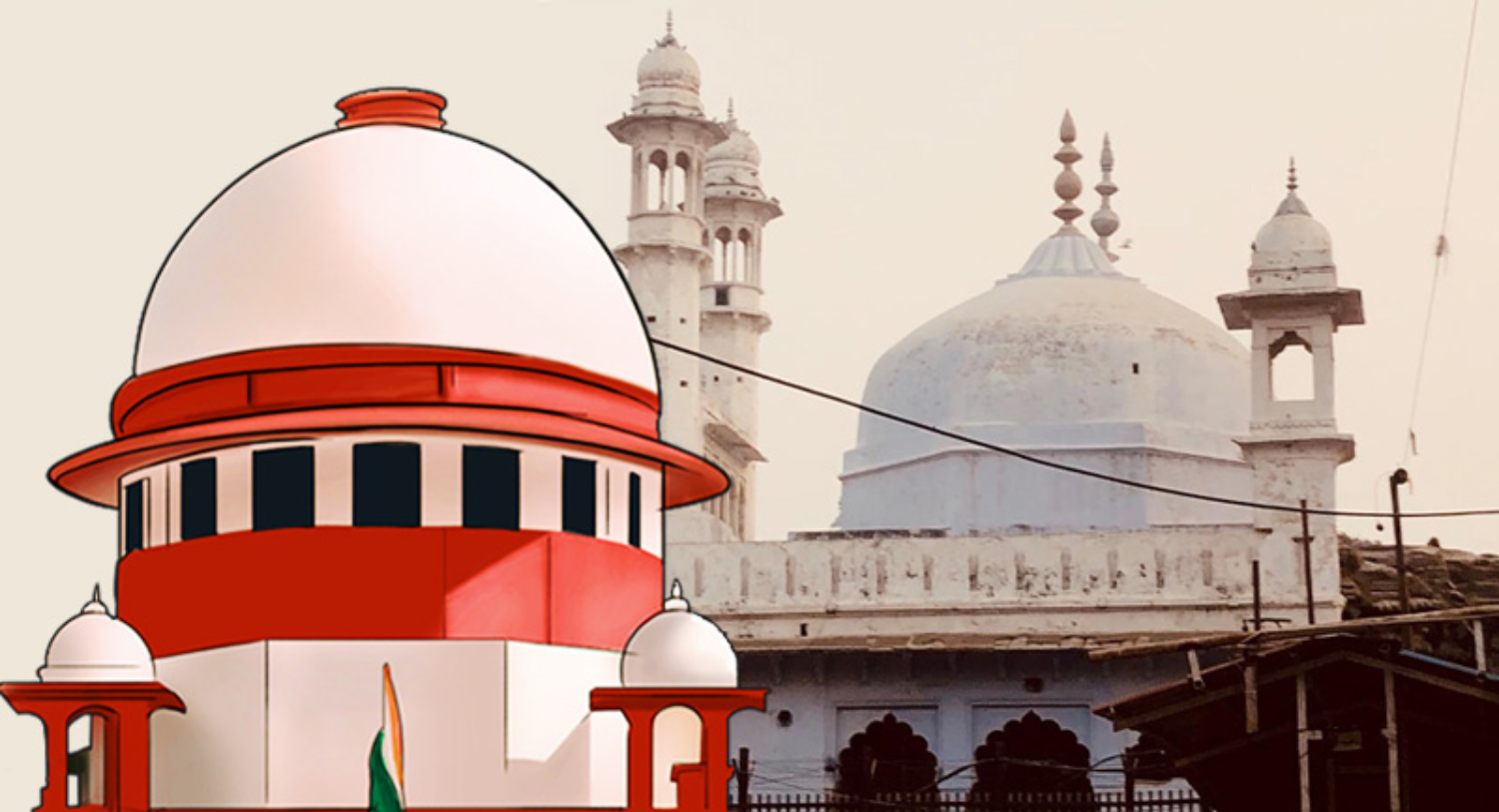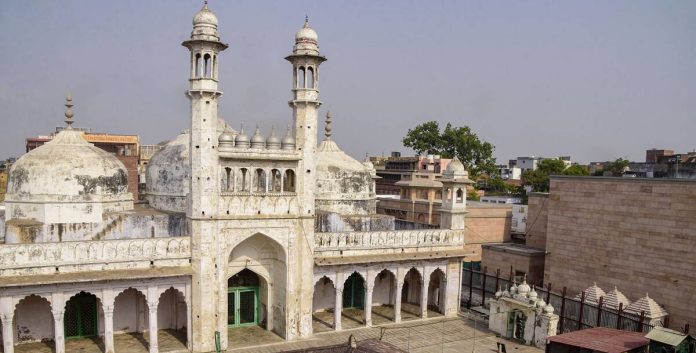- The Gyanvapi mosque case had reached the Supreme Court on the back of petitions from the Hindu worshippers and has succeeded in attracting national attention too. The case holds tremendous significance for several stakeholders vis-à-vis places of worship across the country including the contentious Mathura. The claims and counterclaims by the opposing religious leaders have torched the country over the last few decade’s needs no further elaboration. We all know how the Ram Janmabhoomi-Babri Masjid panned out eventually leading to the SC verdict in favor of the former.

PC: Shruti Kakkar
- Of course, the cost of discontent and disharmony prevalent in the country owing to the ruling is another matter altogether. Coming to the subject matter, the Supreme Court was expected to uphold the Places of Worship Act, 1991, which bars conversion of a place of worship, preserves its religious character as it existed at Independence, and by SC’s 2019 interpretation in the Ayodhya judgment, it places a bar on the institution of fresh suits or legal proceedings. However, the Supreme Court’s decision to shift the Gyanvapi suit from a civil judge to the Varanasi district judge, who the court said is senior and experienced, unnecessarily prolongs a matter the apex court could have and should have ended.
- Further, having accepted the special leave petition against the Varanasi court ordering a survey, SC should have used its discretionary power under Article 136 to enforce the 1991 Act, which it praised fulsomely in the Ayodhya judgment. Let us look at how the case pans out in the coming days. The district judge will decide first on the Muslim side’s plea for rejecting the plaint under Order 7, Rule 11 of the Civil Procedure Code. For the uninitiated, last September too, SC had said that when a suit is barred by law, reliefs sought under it cannot be granted and the plaint is liable to be rejected to put an end to the sham litigation so that no more judicial time is wasted. Has this been followed in the instant case? Not really.

PC: CivilHindi Pedia
- In this case, the 1991 law minces no words in its statement of object and reasons-it says that in view of controversies arising from time to time on conversion of places of worship, the Act seeks to foreclose any controversy. Equally worrisome is SC’s oral observation that the 1991 Act only bars change in religious character but not ascertainment of a religious character. Recall that the Act attempts to foreclose controversies. Thus, allowing disputes to fester through ascertainment was clearly not what the Act intended. Amid crores of pending cases, not only is judicial time being wasted by such litigation, public order, and rule of law but also genuine cases are bound to miss out on timely adjudication. As such, the SC should espouse more decisiveness in upholding the 1991 Act.






